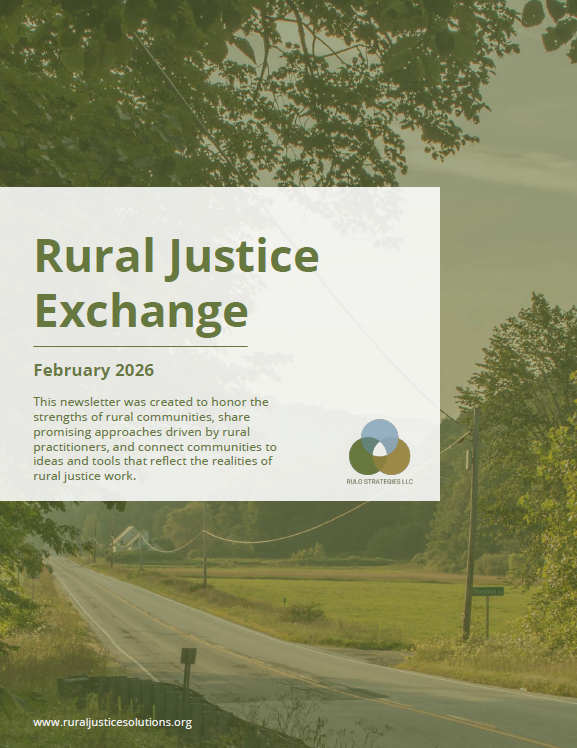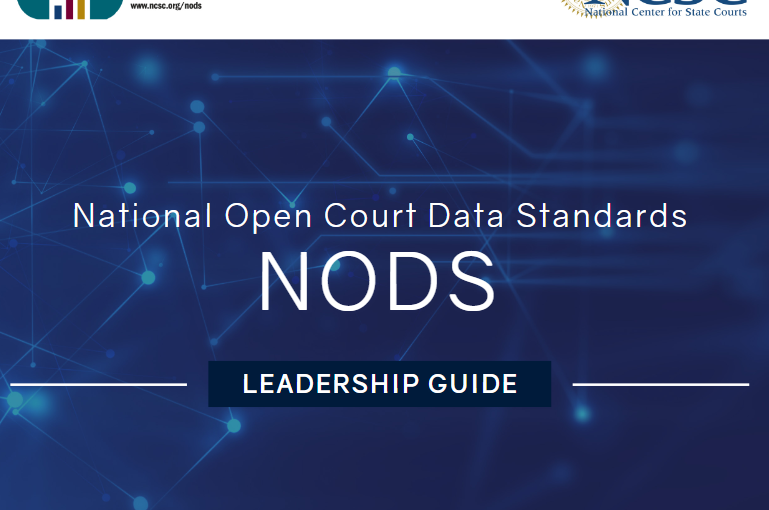Seventy-six percent of state courts are limited jurisdiction courts serving local communities—often under-resourced and without the same access to modern technology as larger court systems.
To advance modernization and improve access to justice in these jurisdictions, the National Center for State Courts (NCSC) is launching a new initiative focused on applying AI tools to address long-standing structural challenges that limit efficiency, accessibility, and service quality in rural courts. The effort is supported by Microsoft, whose technology will inform potential solutions. The initiative aims to help close the digital divide facing the nation’s rural courts. “Because small and rural often sit at the intersection of the digital divide and legal deserts, this work carries significant implications for access to justice and equity,” said Nicole Waters, NCSC director of data, analytics, and forecasting. “Through this initiative, NCSC will work directly with courts to modernize operations and develop practical solutions that can be adapted by rural courts nationwide.”
Cohort courts
Four rural courts, or courts serving underrepresented communities, will be selected to participate in a hands-on, year-long process. NCSC will work closely with court staff to identify operational challenges and workflows that will guide the development and testing of AI-enabled solutions. NCSC will also provide training and technical assistance to support long-term sustainability.
“Microsoft has developed tools that may be useful for some of these jurisdictions when paired with the right guidance and implementation support,” Waters said. “NCSC’s role is to help courts assess what works, implement appropriate solutions, and share lessons learned more broadly.”
Apply to participate Courts can learn more about the opportunity during a March 10th webinar, “AI solutions for courts to address the digital divide,” at 3PM EST. Waters and staff from NCSC, joined by representatives from Microsoft, will share additional details about the initiative and application process. Participating courts are expected to be selected in May.



